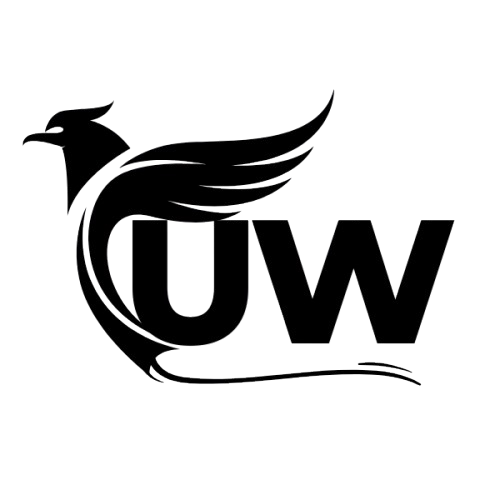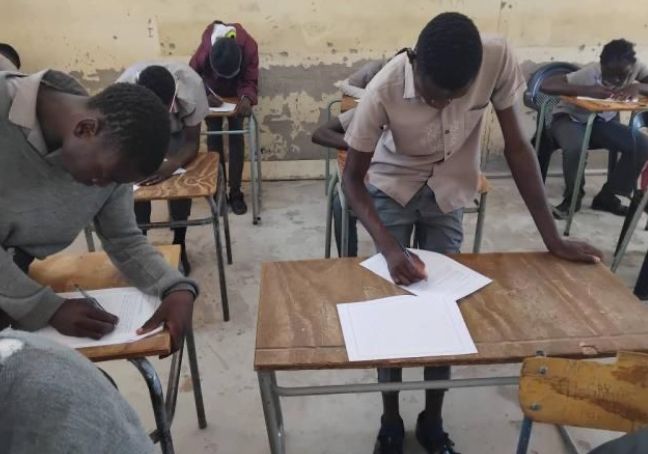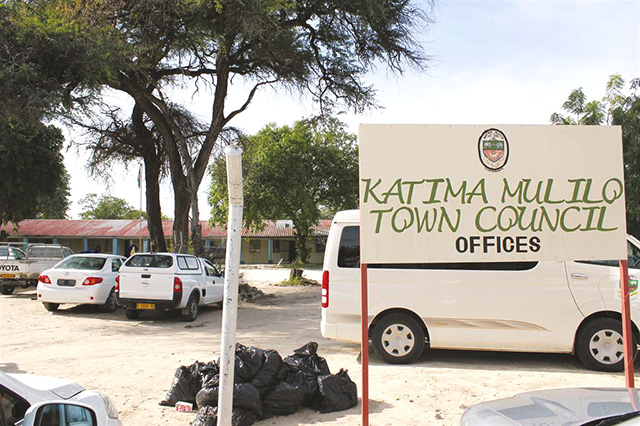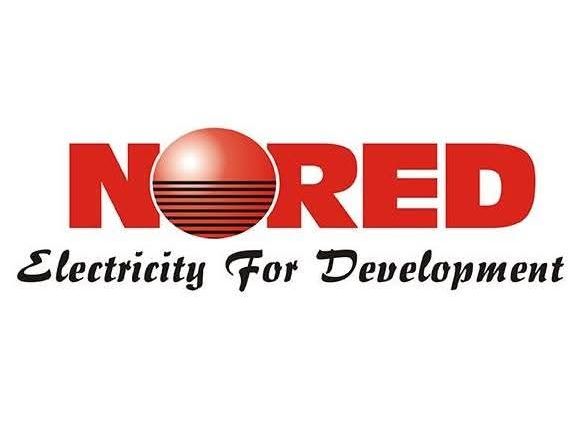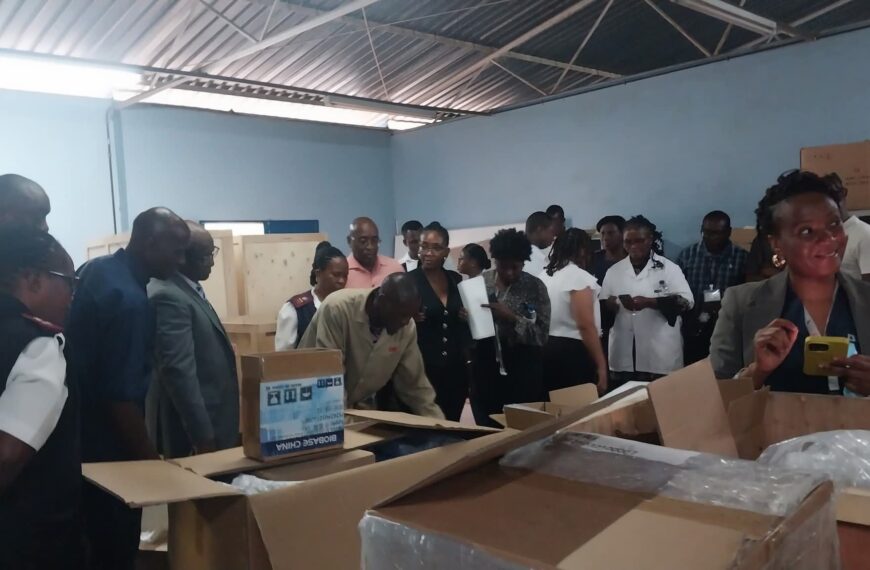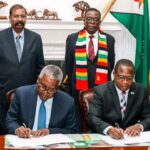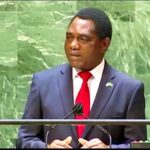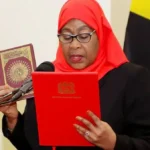
President Netumbo Nandi-Ndaitwah has declared zero tolerance for corruption in Namibia’s oil and gas sector, stressing the importance of integrity, good governance, and transparency as the country pursues its energy ambitions.
In remarks delivered on her behalf at the 7th Namibia International Energy Conference on Wednesday, President Nandi-Ndaitwah affirmed her administration’s commitment to ensuring the country’s natural resources are managed responsibly and equitably.
“Corruption has no place in this journey, while integrity must guide all Namibians at every step,” she said. “Our institutions will continue to be strengthened to ensure that Namibia’s natural wealth is managed fairly, responsibly and in the best interest of its people.”
The president underscored the need for ethical leadership and transparency, noting that Namibia’s energy future hinges on good governance, skill development, and the empowerment of local businesses.
Her remarks were welcomed by stakeholders, though many called for urgent implementation of existing legislation to bolster accountability. Institute for Public Policy Research (IPPR) executive director Graham Hopwood emphasized the need to expedite the enactment of the Access to Information Act.
“The public should have access to a whole range of data and information such as oil revenues, taxes paid and environmental plans,” Hopwood said. “We need clear and enforceable procurement rules, as well as transparent reporting requirements to ensure a broad range of Namibians benefit — not just a connected elite.”
A 2023 IPPR report warned that Namibia must proactively keep corrupt actors—domestic and foreign—out of the sector, citing the potential for massive revenue generation and the risks seen in other resource-rich nations.
Last year, former mines and energy minister Tom Alweendo raised concerns over oil companies allegedly using Namibians as fronts to meet local content requirements. Under the ministry’s policy, companies must submit annual local content plans, with at least 51% of equity in designated local suppliers owned by Namibians.
The International Monetary Fund has also recommended that Namibia make all petroleum agreements between government and oil companies publicly accessible.
Meanwhile, energy minister Natangwe Ithete reaffirmed the government’s resolve to ensure equitable resource distribution through enhanced governance, legal reforms, and increased value addition within the sector. He cited solar energy as a key area of progress—though current data shows that under 12% of Namibians make use of solar power.
Energy analyst Gawie Kanjemba praised the president’s decision to move oversight of the sector under her office. “That’s something very unique, and it gives the role the authority it needs,” Kanjemba said in an interview with Desert FM.
However, he cautioned against complacency, stressing the importance of immediate accountability. “We have one chance at this. If we don’t do it right, we’re sort of screwed,” he said, pointing out current shortcomings in ensuring genuine local ownership and participation in the sector.
As Namibia positions itself as an emerging energy player, the focus remains firmly on transparency, inclusion, and strong oversight to ensure the sector benefits all Namibians—not just a privileged few.

